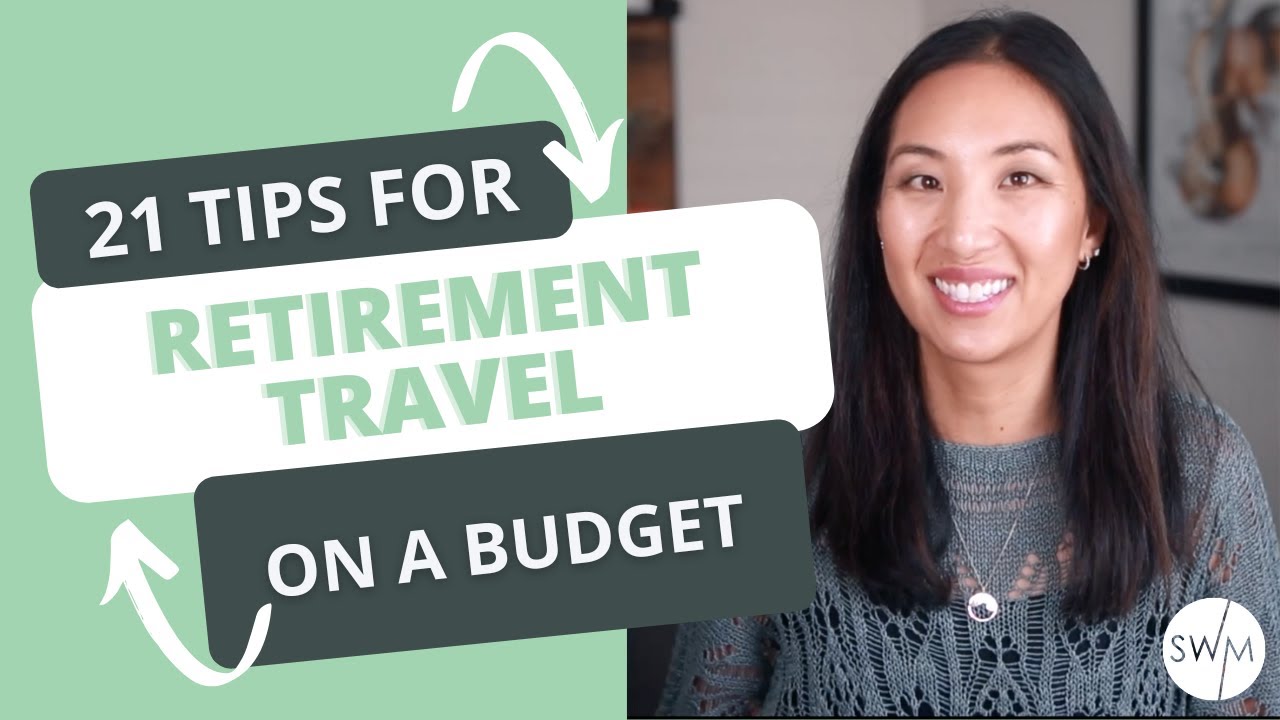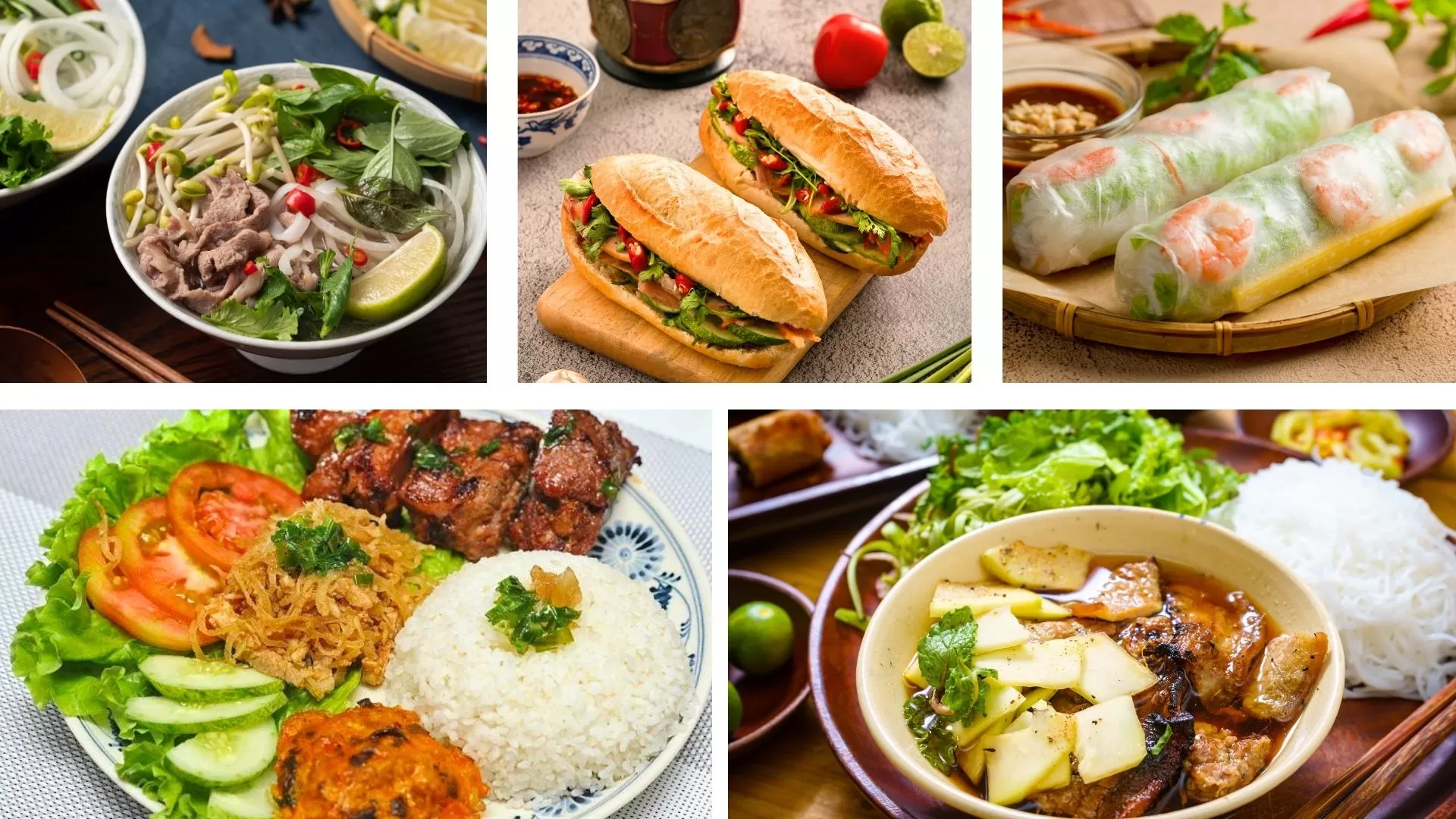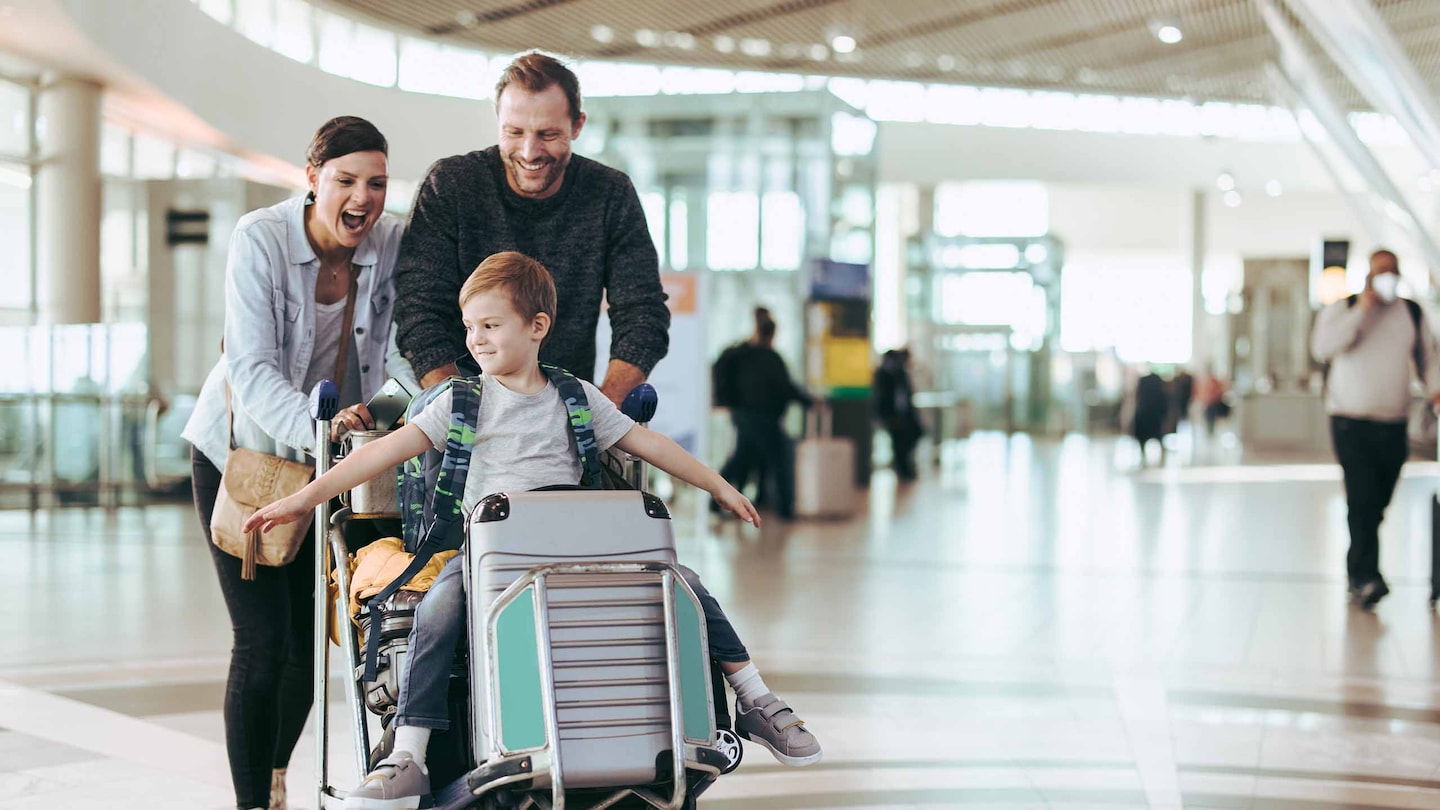How to Create an Effective Budget for Your Trip: Essential Tips for Tourists

Making Travel Affordable
Planning a trip can be an exhilarating experience, but it often comes with the daunting task of budgeting. Without a solid financial plan, the joy of exploring new destinations can quickly turn into a nightmare of unexpected expenses. Fortunately, with proper foresight and strategic thinking, you can embark on your journeys without financial strain.
Effectively managing your travel budget is essential for enjoying your adventure to the fullest. Here are a few vital aspects to consider:
- Set a Clear Destination: The location you choose will heavily influence your overall budget. For example, a getaway to Bali may offer affordable resorts but could entail higher airfare than a road trip to a nearby national park. Research popular tourist spots and hidden gems alike; sometimes, lesser-known destinations provide unique experiences at a fraction of the cost.
- Determine Trip Duration: Knowing how long you’ll stay helps in narrowing down accommodation and activity costs. A weekend getaway may allow you to splurge on a luxurious hotel and gourmet dining, while a two-week vacation might require prioritizing budget-friendly options.
- Prioritize Activities: It’s vital to identify must-see attractions versus optional experiences. Listing out these activities can prevent overspending on attractions that might not hold your interest or could be experienced more affordably.
To create a budget that works, tourists need to assess various components such as:
- Transportation: This includes flight costs, car rentals, and public transport. Be flexible with travel dates to find the best airfare and consider using ride-sharing apps which can often be more economical than traditional taxi services.
- Accommodation: Evaluate a range of options from hotels to hostels and vacation rentals. Websites like Airbnb or VRBO can provide budget-friendly rooms or entire homes. Don’t forget to read reviews for insights into the best value for your money.
- Food: Eating out can quickly escalate your expenses, especially in touristy areas. Consider a mix of dining experiences—enjoying local street food or cooking your meals can lead to significant savings.
- Activities: Consider entrance fees, tours, and souvenirs. Many cities offer discounted entrance to attractions on certain days or special rates for students and seniors. Look into city tourist cards, which can save money on admission and public transport.
In this article, we will delve deeper into essential tips and strategies for crafting an effective budget tailored specifically for your upcoming adventure. With advanced planning, you can enjoy the thrill of travel while keeping your finances intact. Get ready to explore the world without breaking the bank!
DIVE DEEPER: Click here to learn how to plan eco-friendly itineraries</

Crucial Steps for Budgeting Your Travel Expenses
When it comes to budgeting for your travels, taking a systematic approach can transform a seemingly overwhelming task into manageable steps. Understanding the various components of your trip and how they contribute to your overall expenses is fundamental in crafting a sustainable budget. Here are essential considerations that every tourist should keep in mind.
Assessing Your Financial Capacity
Before diving into destination-specific costs, it’s important to evaluate your personal finances. Knowing your budget range will guide all your decisions as you plan. Calculate your total available funds and allocate a reasonable amount for your trip, ensuring that you factor in emergency funds for unforeseen situations.
Breaking Down Travel Expenses
- Transportation Costs: Travel expenses often make up a significant portion of your budget. Think about how you’ll get to your destination and how you’ll navigate once you’re there. Whether it’s prices for plane tickets, train fares, or gas for a road trip, always compare options and look for discounts or deals.
- Accommodation Options: There are numerous lodging types to consider. From hostels and budget hotels to premium resorts and vacation rentals, the choices will affect your total expenditure. Local platforms can help you score affordable stays, but don’t overlook the potential benefits of loyalty programs offered by major hotel chains.
- Dining Expenses: Eating out can deplete your budget faster than you might expect. Plan to visit local markets, which often provide fresh produce and delicious local cuisine at significantly lower prices than restaurants. Don’t miss an opportunity to indulge in local delicacies from street vendors—this not only saves money but also immerses you in the local culture.
- Attractions and Activities: Hiking, visiting museums, and engaging in local tours can significantly vary in cost. Many destinations provide a plethora of free activities that let you soak up the culture without the heavy price tag. Consider day passes or group discounts when contemplating tours and attractions.
A meticulous breakdown of your expected expenses allows you to pinpoint the areas where you can cut costs, ensuring you’re well-prepared for any surprises during your trip. By adhering to a budget, you not only secure funds for essentials but also allow for those spontaneous experiences that make travel memorable. Thorough research and consideration of your travel habits will transform your journey into a financially savvy adventure.
Utilizing Budget Tools and Apps
In today’s digital age, an assortment of budgeting tools and apps can simplify the process of tracking expenses and adhering to your budget. Applications like Mint and Trail Wallet allow you to input your budgetary goals, track your spending in real-time, and receive alerts if you’re nearing your limits. These tools can significantly reduce the chances of overspending and ensure you stay on track while enjoying your travel experiences.
By following these guidelines, you’re on your way to creating an effective budget that not only allows for a smooth trip but also leaves room for exploration and enjoyment of new cultures without the stress of financial overreach.
When embarking on a journey, crafting an effective budget is a critical step that can significantly enhance your travel experience. To begin, it’s essential to categorize your expenses into manageable sections. This can help you visualize where your funds will go and allow you to make informed decisions about areas where you can save.
Travel Expense Categories
Creating categories such as accommodation, transportation, food, activities, and emergencies ensures that no significant expense is overlooked. Accommodation is often one of the largest expenses; you can consider options ranging from hotels to hostels or even vacation rentals, depending on your budget. Meanwhile, for transportation, determining how you will get from place to place—whether by rental car, public transport, or walking—will also impact your budget significantly.In the food category, consider allocating a daily allowance for meals. Researching local markets and dining venues can lead to unique culinary experiences that won’t break the bank. Additionally, be sure to leave room in your budget for activities. This can encompass everything from sightseeing tours to museum entries, and finding discounts or free days can help keep costs under control.
Factor in Miscellaneous Expenses
Don’t forget to allocate a portion of your budget for miscellaneous expenses, such as souvenirs, small incidental purchases, or unexpected costs. Having a flexible amount set aside can reduce stress during your trip.
The Importance of Tracking Your Expenses
Throughout your travels, tracking your spending is crucial. By using budgeting apps or simple spreadsheets, you can routinely assess your financial status. This not only helps you stick to your budget but encourages mindful spending.With meticulous planning and real-time adjustments, you can ensure that your trip remains financially manageable. The key is to think ahead, allowing yourself the freedom to enjoy your travels without the worry of overspending. Don’t underestimate the power of a well-planned budget; it can transform your travel experience, leading to more adventures and less financial stress. To further assist you in creating an effective budget for your travels, the following table summarizes key advantages associated with each category of expenses involved.
| Category | Advantages |
|---|---|
| Accommodation | Staying within budget ensures a comfortable stay without financial strain. |
| Transportation | Efficient travel planning saves time and minimizes costs associated with transfers. |
| Food | Exploring local cuisines on a budget enhances your travel experience. |
| Activities | Prioritizing key attractions avoids overspending on less important experiences. |
| Miscellaneous | Allocating funds for surprises keeps your plans flexible and stress-free. |
Effective budgeting can turn your travel dreams into reality, enabling you to explore new destinations while paying attention to your fiscal health.
DIVE DEEPER: Click here to discover eco-friendly travel options
Maximizing Your Travel Budget with Smart Strategies
Creating an effective budget for your trip involves not only planning your expenses but also strategically saving money as you go. By leveraging tips and tricks from experienced travelers, you can stretch your budget further while still enjoying all that your destination has to offer. Here are some savvy strategies to consider.
Flexibility with Travel Dates
One of the most effective ways to save on travel costs is by maintaining flexibility with your travel dates. Airfare fluctuates throughout the year, and by adjusting your plans to fly during off-peak times, such as mid-week or outside of holiday seasons, you can take advantage of considerably lower flight prices. Tools like Google Flights or Skyscanner can help you identify the best times to book your travel.
Influence of Location on Expenses
The cost of living in your destination city significantly impacts your overall budget. Popular tourist spots often have inflated prices, while areas slightly off the beaten path may offer a more affordable experience. Researching lesser-known neighborhoods can lead you to budget-friendly hotels, restaurants, and attractions that are often just as rewarding. For instance, travelers in New York often save by exploring areas such as Astoria or Brooklyn, rather than focusing solely on Manhattan.
Seeking Local Insights
Harnessing local knowledge can transform your travel experience from typical to extraordinary, all while saving your budget. Utilize platforms like Meetup or Couchsurfing to connect with locals who can introduce you to hidden gems, including affordable dining options and free or low-cost attractions. Many cities also offer free walking tours, which provide an engaging way to learn about the history and culture of the area without breaking the bank.
Prioritizing Experiences Over Material Items
When traveling, it can be tempting to splurge on souvenirs or luxury items. However, prioritizing experiences over material goods typically leads to a more memorable trip. Consider allocating a larger part of your budget to activities like cooking classes, guided tours, or outdoor adventures. Not only do these experiences reward you with unforgettable memories, but they often result in finding more authentic aspects of the culture you’re exploring.
Utilizing Public Transportation
Instead of relying on taxis or rental cars, embrace public transportation to navigate your destination. Many cities offer passes that provide unlimited access to buses, trams, and subways for a fixed price. In places like San Francisco, for instance, the Muni pass offers extensive coverage for just a few dollars per day, allowing you to explore at your own pace. Additionally, walking or biking around your destination can provide a unique perspective while saving you money.
Dining Smartly
- Consider lunch deals or early bird specials: Many restaurants offer lower prices during lunch hours compared to dinner. Be on the lookout for buffet-style places or cafes with meal deals.
- Cooking your meals: If your accommodation has a kitchen, shopping at local grocery stores to prepare your own meals can lead to significant savings. Plus, it can be a fun way to try local ingredients.
- Happy hour and specials: Research local happy hours or dining specials; many establishments offer great discounts on food and drinks during certain times of the day.
By integrating these smart strategies into your travel budgeting, you can create a plan that not only reduces financial stress but also enhances the overall experience of your journey, allowing you to focus on what truly matters—making lasting memories.
DIVE DEEPER: Click here to discover inspiring literary journeys
Conclusion: Travel Smart with a Well-Planned Budget
In conclusion, creating an effective budget for your trip is essential for ensuring that your travel experience remains enjoyable without the burden of financial worries. By adopting a strategic approach to planning, from being flexible with your travel dates to exploring less popular areas, you can discover hidden treasures while keeping your costs manageable. Leveraging local insights not only enhances your travel experience but often leads to unique opportunities that go beyond the standard tourist itinerary.
Additionally, prioritizing enriching experiences over physical souvenirs allows you to create unforgettable memories that will last far longer than any trinket. Utilizing public transportation and smart dining strategies further empowers you to explore your destination in a budget-friendly manner. By incorporating these suggestions, you ensure that your finances don’t dictate your adventure, allowing you to focus on the transformative power of travel.
Ultimately, every trip can be tailored to fit your financial blueprint with thoughtful planning and research. As you set off on your journeys, remember to remain adaptable and open to new experiences—this is where the true magic of travel lies. With careful budgeting, you can navigate your way through new places with ease and excitement, fully immersing yourself in diverse cultures and landscapes without overspending. So, embark on your next adventure with an effective budget and watch as your travels unfold with both joy and financial peace.


